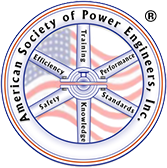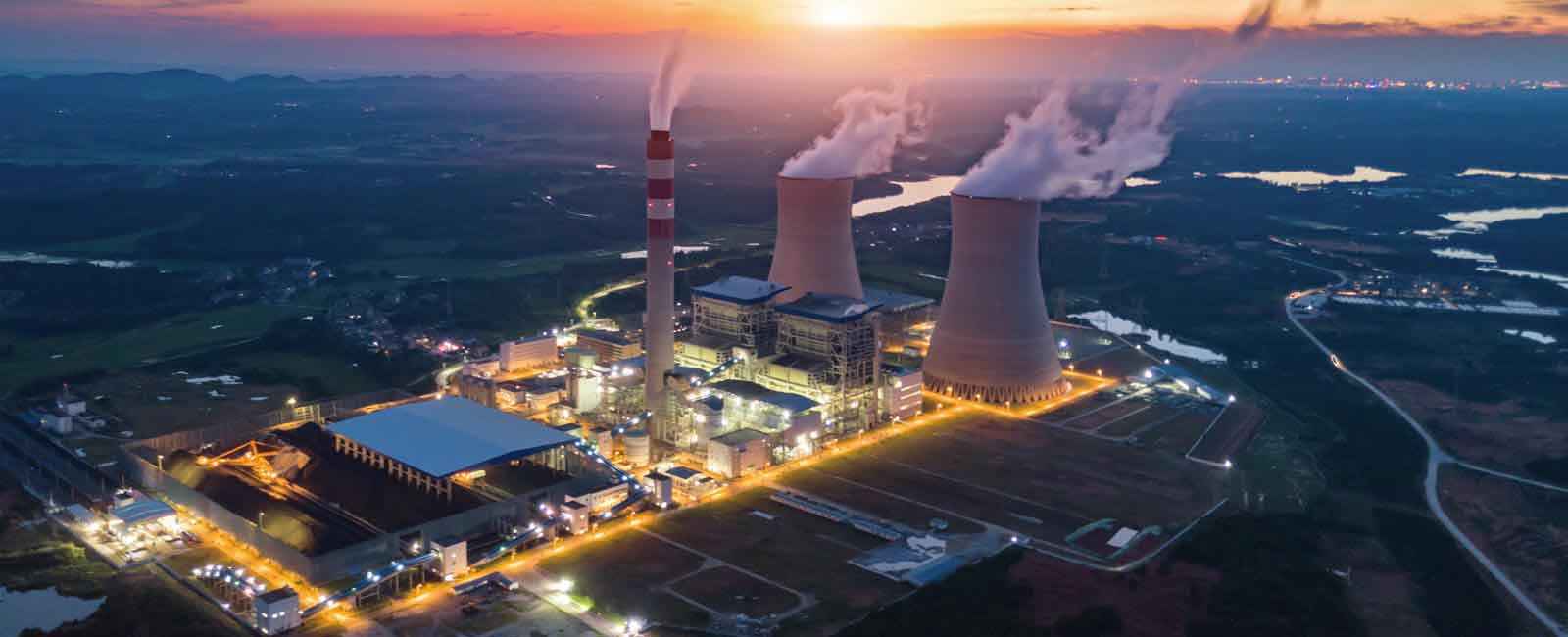Establishing National
Standards for Power Engineers.
HVAC / Chiller Operating Engineer - Third Class
If you’re looking for a career as an HVAC / Chiller Operating Engineer, ASOPE® is here to facilitate. ASOPE® offers an opportunity to obtain an HVAC / Chiller Operating Engineer - Third Class license. Outlined below is a list of qualifications that are required to receive your HVAC / Chiller Operating Engineer - Third Class license. Requirements include being a minimum of 18 years or older (a legal adult), a high school diploma/GED or equivalent, and 6 months or 3 credit hours of HVAC Training or equivalent.
If all qualifications are met, you will be required to schedule a written examination (oral or practical if necessary). The exam consists of a wide range of curriculum, including, but not limited to, general industry safety, basic electricity, refrigeration principles, heat pumps, air conditioning systems, and control systems. Upon completion of the HVAC / Chiller Operating Engineer - Third Class license exam, an ASOPE® representative will notify you of a "pass" or "fail" status. If you fail, you will be offered additional opportunities to retake the exam. Please review our Failed Test Procedures to learn more.
If you have any questions or concerns regarding the HVAC / Chiller Operating Engineer - Third Class license, please contact the ASOPE® national office.
Test Fee $45.00
Requirements to take the test
- Minimum age – 18
- Education - High School Diploma, GED, or equivalent.
- Experience - 6 months or 3 credit hours of HVAC Training or equivalent.
Examination – Written Test 50 Questions Multiple Choice
Recommended Books and Reading
- HVAC Water Chillers and Cooling Towers CRC Press
- HVAC and Refrigeration Systems American Technical Publishers
- Industrial Maintenance and Troubleshooting American Technical Publishers
The test will include competency and proficiency questions in the following areas:
- Mathematics
- General Industrial Safety
- Thermodynamics and Heat
- Basic Electricity
- Psychometrics
- Forced Air Heating and Cooling Systems
- Refrigeration Principles
- Management of Refrigerants and Refrigeration Systems
- Basic Pressure-Enthalpy Diagrams
- Compression Systems –Low Side
- Compression System- High Side
- Air Condition Systems
- Heat Pumps
- Cooling Tower Operation, Maintenance & Water Treatment
- Control Systems
- Heating and Cooling Loads and Calculations
- HVAC Unit Selection
- Forced Air System Design
- Hydronic System Design
- Distribution System Balance
- Introduction to Absorption Chillers
- Basic Maintenance Principles
- Basic Service and Repair Principles
- Electronic and Programmable Controllers
- Mechanical Systems
- Fluid Power Systems
- Troubleshooting


